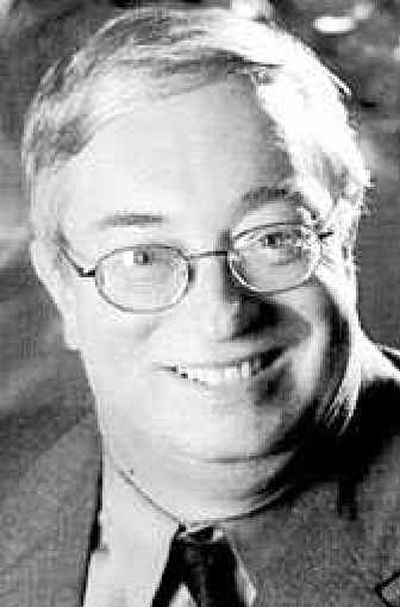Execs need to take long-term approach

An executive called me the other day to discuss his plan to re-evaluate the way his unit is doing business. He wanted advice on how he should conduct what I call a “self study” of the unit’s opportunities and strategies. You would have likely enjoyed the little jig I did in my office. At last, I thought, a small sign that American businesspeople are emerging from their caves. But, it was a very small sign. I am unconvinced that it’s a trend.
The difficult economic times and the relentless stock price pressures of the last five years have made companies self-focused and so intent on bottom-line issues that too many have not looked at long-term franchise issues. They have definitely not focused on how to treat their employees. Rather than better positioning their franchises for the long-term, many are recklessly cutting costs, abandoning training and sacrificing planning.
Many executives seem stuck in yesterday’s realities and fail to acknowledge that the knowledge economy has unalterably changed business. That failure is tragic, and I am convinced those executives are going to get their comeuppance. Too many executives just don’t see it coming. They act as if they can continue their short-term, crisis-oriented ways indefinitely.
There’s a valid argument that such short-term thinking is spawned by the huge rewards that a high stock price yields to executives in today’s marketplace. When stock options reward executives with scores of millions of dollars, elevating that price sometimes becomes far more important than seeing that that company survives for another hundred years or so.
Charles Handy wrote this in a 2002 Harvard Business Review article titled “What is Business For?”: “To many it seems that executives no longer run their companies for the benefit of consumers or even their stockholders, but for their personal ambition and financial gain.” Handy added later in the article, “The purpose of a business, in other words, is not to make a profit, full stop. It is to make a profit so that the business can do something more or better. That ‘something’ becomes the real justification for the business. Owners know this. Investors needn’t care.”
Handy’s radical thinking, and that of others, is spawning a new business discipline called “sustainability.” Handy quotes one of the most prominent advocates of sustainability, John Browne, the CEO of British Petroleum as saying, “Business needs a sustainable planet for its own survival, for few companies are short-term entities; they want to do business again and again, over decades.”
Simply put, sustainable development means meeting the needs of the present without compromising the ability of the company to meet the needs of the future. Those needs can be environmental, financial and human.
Some graduate business schools and even some undergraduate programs are working to train more budding executives to consider sustainable business as THE correct way to do business. Yet, one has to worry how many American businesses can survive long enough for these young executives to rise through the ranks to leadership.
There is an urgent need for current executives to give more immediate attention to building for the future. Constantly cutting valuable human assets, exploiting people and the environment, and implementing systems that will not function well in the future are counter to a constructive approach to tomorrow’s realities.
Even if it requires significant modification of the compensation system we need to figure out ways to make planning for a long corporate future more attractive to executives.
Tip for your search: No matter our position in the company we can think constructively about preserving a culture which values human and natural resources. Waste, recklessness and short-term thinking are not the ways to build a legacy.
Resource for your search: “What Matters Most” by Jeffrey Hollender and Stephen Fenichell (Basic Books, 2004)